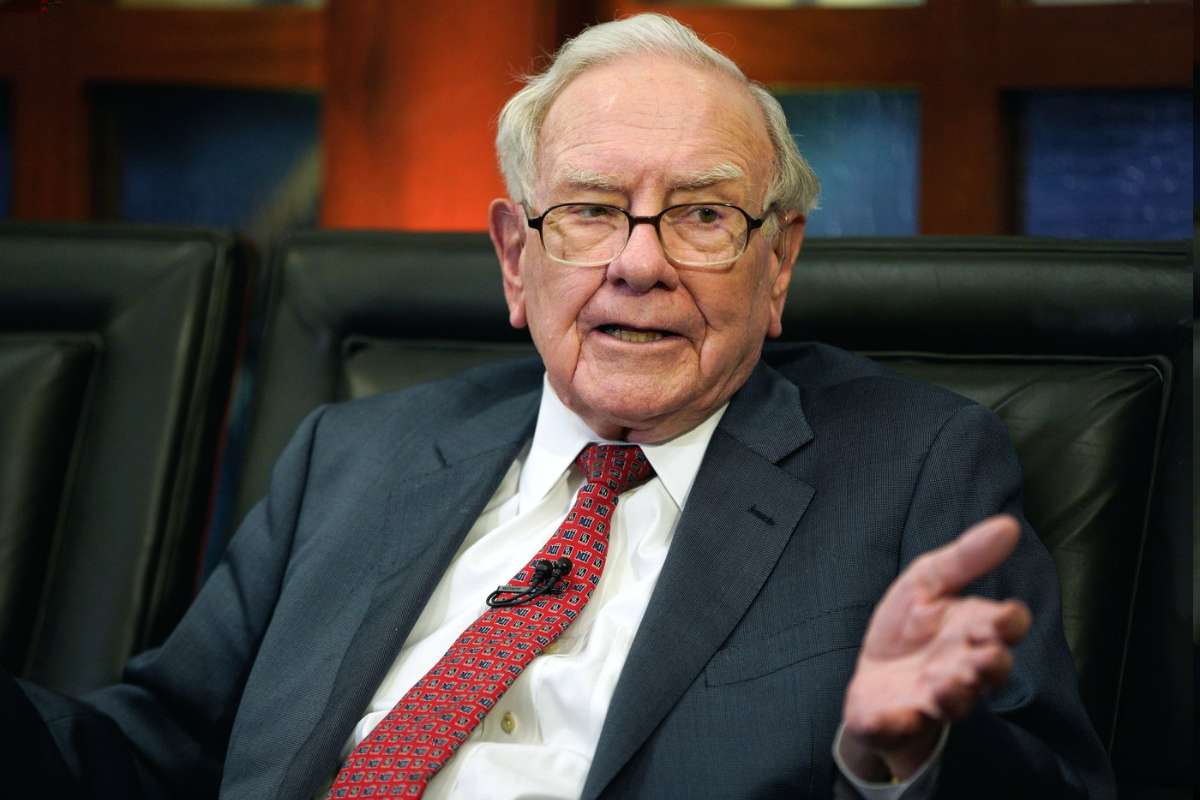Key Points:
- Warren Buffett to step down as Berkshire Hathaway CEO by year-end.
- Greg Abel named successor, praised for leadership and alignment with company values.
- Buffett remains chairman, retains shares, and shifts to a quieter public role.
Warren Buffett, 95, released what he described as his final annual letter to Berkshire Hathaway shareholders, marking a defining moment in the company’s long leadership history. In the letter, he confirmed he will step back from his role as CEO by the end of the year, signalling the start of an orderly transition. Buffett wrote that he is “going quiet,” a phrase that immediately drew attention across financial circles, underscoring his intention to reduce his public-facing responsibilities after decades as the company’s guiding force. He emphasized that the shift will not be abrupt, noting that he will retain a substantial portion of his Class A shares to ensure stability and reinforce investor confidence as leadership moves forward.
Warren Buffett used the letter to reiterate his long-standing confidence in Berkshire’s succession roadmap, stating that the company’s future remains firmly aligned with its founding principles and investment philosophy. His announcement marks the clearest indication yet that the transition plan, discussed for more than a decade, has now reached its final implementation stage.
Greg Abel Set to Take the Helm
The letter formally confirmed Greg Abel as the next CEO of Berkshire Hathaway. Buffett praised Abel’s track record, industry experience, and leadership temperament, writing that he “cannot think of a better person” to oversee shareholders’ capital. Buffett highlighted Abel’s deep understanding of Berkshire’s decentralized structure and long-term value mindset, both of which he believes are core to the company’s continued success.
As part of the transition, Abel will also assume responsibility for future annual shareholder letters and play a central role in next year’s shareholder meeting—traditionally one of the biggest corporate gatherings in the U.S. Buffett, meanwhile, will remain chairman and intends to write a separate personal message each year in the form of a Thanksgiving letter, which he said will allow him to stay connected with shareholders without interfering in executive responsibilities.
Warren Buffett also clarified that while he is stepping back from operational duties, he will still be working from the office regularly. He framed this period as a gradual shift rather than a retirement, positioning the move as a “handover of public duties” rather than a departure from Berkshire’s daily rhythm.
Legacy, Philanthropy, and the Road Ahead
Buffett used the latter part of his letter to reflect on the broader meaning of this transition. Acknowledging the realities of age, he wrote candidly about “becoming old,” but assured shareholders that the company is well prepared for life beyond his leadership. He reaffirmed his longstanding philanthropic commitments and confirmed that the majority of his wealth will continue to be allocated to charitable foundations and trusts, consistent with the giving strategy he has outlined over several years.
For investors, the announcement represents a pivotal moment. Warren Buffett’s leadership has shaped Berkshire Hathaway into one of the world’s most influential conglomerates, and his steady presence has been a defining factor behind decades of investor confidence. The endorsement of Abel and the clarity of the transition plan appear geared toward minimizing uncertainty and preserving Berkshire’s cultural and financial continuity.
With this final shareholder letter as CEO, Warren Buffett closes one chapter and opens another—one defined by continuity, stability, and a carefully prepared succession that reflects his lifelong focus on long-term stewardship.











